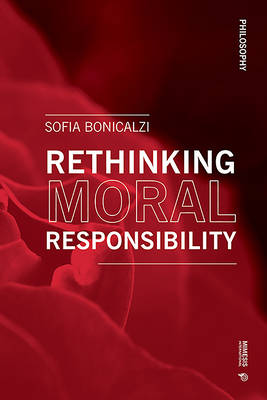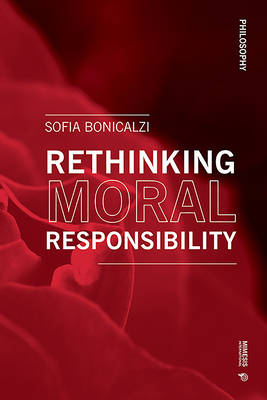
- Afhalen na 1 uur in een winkel met voorraad
- Gratis thuislevering in België vanaf € 30
- Ruim aanbod met 7 miljoen producten
- Afhalen na 1 uur in een winkel met voorraad
- Gratis thuislevering in België vanaf € 30
- Ruim aanbod met 7 miljoen producten
Zoeken
Omschrijving
Should we blame our neighbour for forgetting to water our plants? To what extent are people responsible for the consequences of their actions? When is it fair to condemn a wrongdoer? Practical philosophy has a long-standing interest in the mechanisms that drive responsibility ascriptions (how and why shall we hold people responsible?), and in the conditions that make those ascriptions legitimate (when is it fair to do so?). By default, healthy adults whose behaviour is interpretable by reference to their psychological makeup are held responsible when they act. However, in the last few decades in particular, the scope and meaning of the notion of responsibility have been targeted by growing scepticism. In its first part, this volume explores and discusses the most promising accounts of responsibility emerging in the philosophical debate on the topic. In the second part, the book outlines a novel proposal about the enabling conditions, the meaning and the intersubjective role of responsibility ascriptions.
Specificaties
Betrokkenen
- Auteur(s):
- Uitgeverij:
Inhoud
- Aantal bladzijden:
- 218
- Taal:
- Engels
- Reeks:
Eigenschappen
- Productcode (EAN):
- 9788869772436
- Verschijningsdatum:
- 6/03/2020
- Uitvoering:
- Paperback
- Formaat:
- Trade paperback (VS)
- Afmetingen:
- 135 mm x 203 mm
- Gewicht:
- 294 g

Alleen bij Standaard Boekhandel
+ 55 punten op je klantenkaart van Standaard Boekhandel
Beoordelingen
We publiceren alleen reviews die voldoen aan de voorwaarden voor reviews. Bekijk onze voorwaarden voor reviews.








